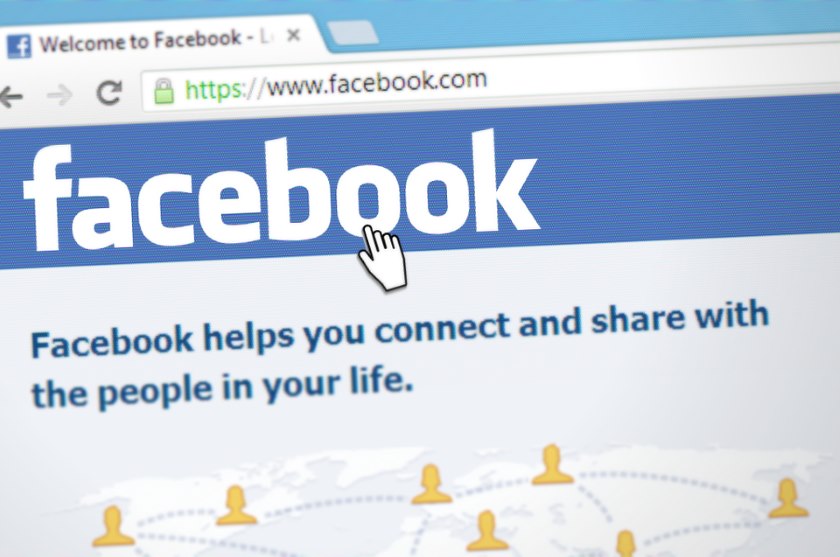
WTF: welcome to Facebook. (Creative Commons photograph.)
Mark Zuckerberg’s promise to fix Facebook in 2018 is, in my opinion, too little, too late.
However, since I ceased updating my Facebook profile last month, I’ve come across many people who tell me the only reason they stay on it is to keep in touch with family and friends, so Zuckerberg’s intention to refocus his site on that is the right thing to do. He’s also right to admit that Facebook has made ‘errors enforcing our policies and preventing misuse of our tools.’
Interestingly, Facebook’s stock has fallen since his announcement, wiping milliards off Zuckerberg’s own fortune. Investors are likely nervous that this refocusing will hurt brands who pay to advertise on the platform, who might now reconsider using it. It’s a decidedly short-term outlook based on short-term memory, but that’s Wall Street for you. Come to think of it, that’s humanity for you.
But let’s look at this a bit more dispassionately. Despite my no longer updating Facebook, I’m continuing to get a lot of friend requests. And those requests are coming from bots. Facebook hasn’t fixed its bot problem—far from it. This reached epidemic levels in 2014, and it’s continued in 2018—four years and one US presidential election later. As discussed earlier on this blog, Facebook has been found to have lied about user numbers: it claims more people in certain demographics than there are people. If its stock was to fall, that should have done it. But nothing happened: investors are keen to maintain delusions if it helps their interests. But it needs to be fixed.
If Zuckerberg is sincere, Facebook also needs to fix its endless databasing issues and to come clean on its bogus malware warnings, forcing people to download “scanners” that are hidden on their computers. This should have hit the tech media but no one seems to have the guts to report on it. That’s not a huge deal, I suppose, since it has meant tens of thousands have come to my blog instead, but again, that was a big red flag that, if reported, should have had investors worried. And that needs to be fixed.
Others I’ve discussed this with inform me that Facebook needs to do a far better job of removing porn, including kiddie porn, and if it weren’t for a lot of pressure, it tends to leave bullying and sexist comments up as well.
All these things should have been sending signals to the investor community a long time ago, and as we’ve discussed at Medinge Group for many years, companies would be more accurately valued if we examined their contribution to humanity, and measuring the ingredients of branding and relationships with people. Sooner or later, the truth will out, and finance will follow what brand already knew. Facebook’s record on this front, especially when you consider how we at Medinge value brands and a company’s promise-keeping, has been astonishingly poor. People do not trust Facebook, and in my book: no trust means poor brand equity.
But the notion that businesses will suddenly desert Facebook is an interesting one to me, because, frankly, Facebook has been a lousy referrer of traffic, and has been for years. We have little financial incentive to remain on the site for some of our ventures.
Those of us with functioning memories will remember when Facebook killed the sharing from our fan pages by 90 per cent overnight some years ago. The aim was to get us to pay for sharing, and for many businesses, that worked.
But it meant users who wanted to hear from these brands no longer did, and I believe that’s where the one of the first declines began.
People support brands for many reasons but I’m willing to bet that their respective advertising budgets isn’t one of them. They follow them for their values and what they represent. Or they follow them for their products and services. Those who couldn’t afford to advertise, or opted to spend outside social media, lost a link with those users. And I believe users lost one of their reasons for remaining on Facebook, because their favourite brands were no longer showing up in their news feeds.
(Instagram, incidentally, has the opposite problem: thanks to Facebook’s suspect profiling, users are being bombarded with promotions from companies they are not fans of; Instagram’s claim that they rely on Facebook’s ad preferences, and Facebook’s claim that you can opt out of these, are also highly questionable. I get that people should be shown ads from companies they could become fans of; but why annoy them to this extent? Instagram also tracks the IP where you are surfing from, and ignores the geographical location you freely give either Instagram or Facebook for advertising purposes.)
What then surfaced in news feeds? Since Facebook became Digg, namely a repository of links (something I also said many years ago, long before the term ‘fake news’ was coined), feeds became littered with news articles (real and bogus) and people began to be “bubbled”, seeing things that supported their own world-views, because Facebook’s profiling sent those things to them. As T. S. Eliot once wrote, ‘Nothing pleases people more than to go on thinking what they have always thought, and at the same time imagine that they are thinking something new and daring: it combines the advantage of security and the delight of adventure.’
This, as Facebook has discovered, was dangerous to democracy and entire groups—people have died because of it—and thinking people questioned whether there was much value staying on the site.
From memory, and speaking for myself, Facebook probably had the balance of personal, brand and news right in 2010.
But I doubt that even if Facebook were to go back to something like the turn of the decade, it will entice me back. It’s a thing of the past, something that might have been fun once, like Myspace. It didn’t take long to wean me off that.
Even Zuckerberg notes that technology should decentralize and democratize, and that big tech has failed people on this front. I can foresee an attempt to decentralize Facebook, but with a caveat: they’ll want to continue gathering data on us as part of the deal. It’ll be an interesting gamble to take, unless it’s willing to give up its biggest asset: its claim to understanding individual profiles, even if many of its accounts aren’t human.
To me, the brand is tarnished. Every measure we have at Medinge Group suggests to me Facebook is a poor corporate citizen, and it’s going to take not just a turnaround in database stability or the enforcement of T&Cs, but a whole reconsideration of its raison d’être to serve the masses. Honesty and transparency can save it—two things that I haven’t seen Facebook exhibit much of in the 10-plus years I have used it.
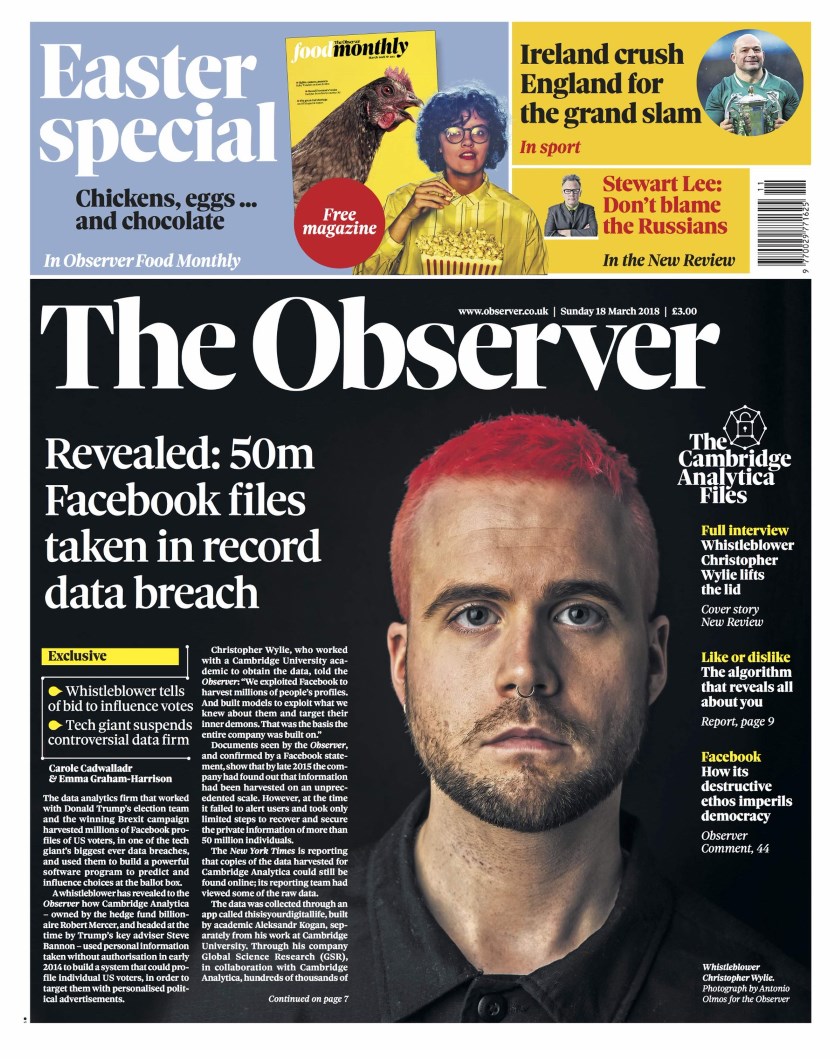
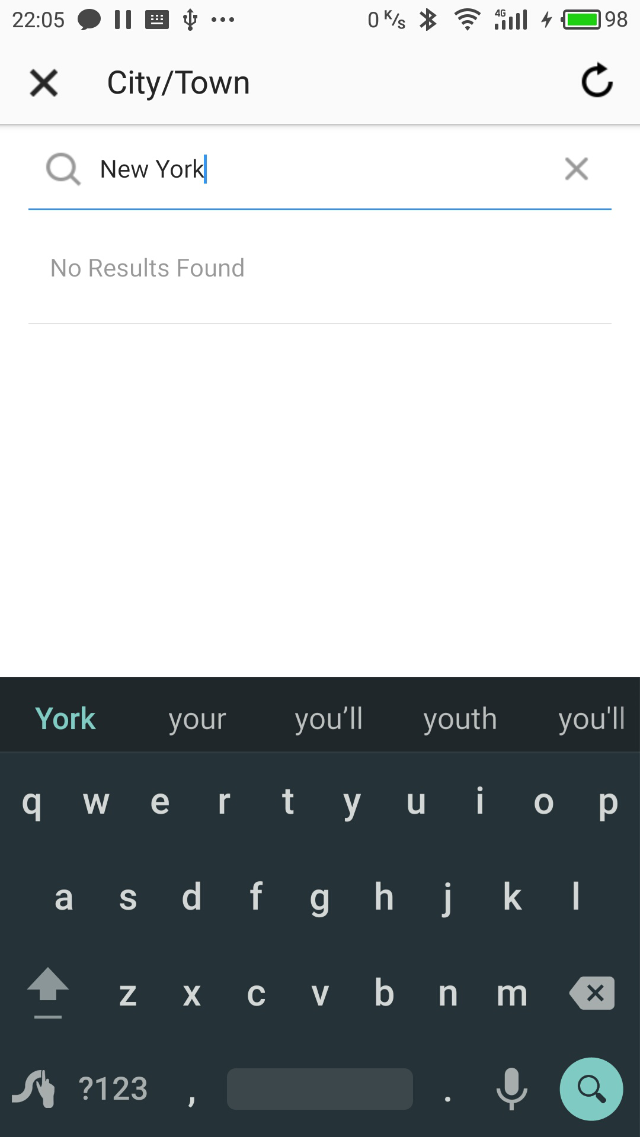
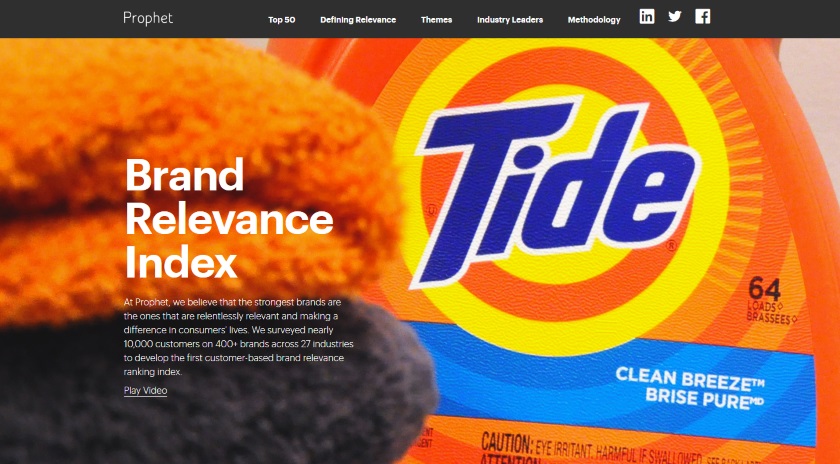
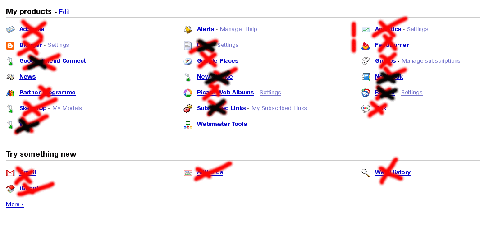




Jack, you made my day reading your post. You should send it to Fox News here in the US.
Thanks, Karen, I really appreciate your support! Interestingly, we do a few things with Mr Murdoch’s company (mainly in the advertising space). Perhaps The Wall Street Journal (which has a good record of busting Facebook’s BS and is part of the same group)?
Up here, Fox is the only news I watch. They at least give both sides to the story. They’ve had reports on Facebook and Google, but haven’t gone in depth with all the crap they’re doing to people. The Wall Street Journal tends to be as biased as the NY Times which has become a rag.
A few names at Fox are: Sean Hannity, Tucker Carlson, Jesse Watters and Martha McCallum.
Hi Jack, on Hannity’s show tonight, he did a special report on Twitter, Google and FB. Seems even private messaging is read by their techs and they have algorithms that create personal files on all their users.
Good morning Jack, this was in my email this morning:
Karen Tolfree
1 security issue found on your account
[email protected]
We’ve upgraded the Security Checkup to give you specific, personalized recommendations to strengthen the security of your Google Account.
Take the 2-minute checkup today to see the actions you should take to make your account more secure.
TAKE ACTION
Security Checkup is available in My Account (https://myaccount.google.com)
You received this email to let you know about important changes to your Google Account and services.
© 2018 Google Inc.,1600 Amphitheatre Parkway, Mountain View, CA 94043, USA
Don’t know if I should allow them to do the security check.
Hi Karen, re. Hannity, I totally believe it. Did I ever mention the page at http://facebook.com/ads/preferences? This is what they have on us, even after we have opted out of their targeted advertising. They continue to track and compile. Now, if this is what they let us know publicly, what don’t they let us know? I’m sure there’s far more on each one of us.
Hi Karen, as much as I dislike the firm, this Google one might not be too bad. A lot of us don’t check our Google account settings and this is a review process that you can direct, and you should be able to ignore it, too. Instead of doing what they recommend, try logging in to google.com/settings/dashboard and seeing what they have there. That might stop this message from resurfacing.
It wasn’t what they made public, it was video taped of management and techs talking about what they have on users. Here is the link:
https://www.hannity.com/media-room/busted-undercover-video-shows-twitter-shadow-banning-conservatives/
Good on Hannity for revealing this. This Twitter user was shadow-banned yesterday, and she’s neither American nor political. Good to have confirmation that this is an unwritten Twitter policy. In Cate’s case it appears indiscriminate, and they’re willing to ban people on a whim. So much for free speech. I wonder if this coming year is one where people will just get fed up with Big Tech.
I’m back! No Error message. Have a great day!
I must have missed this, Karen: glad to know you are back!